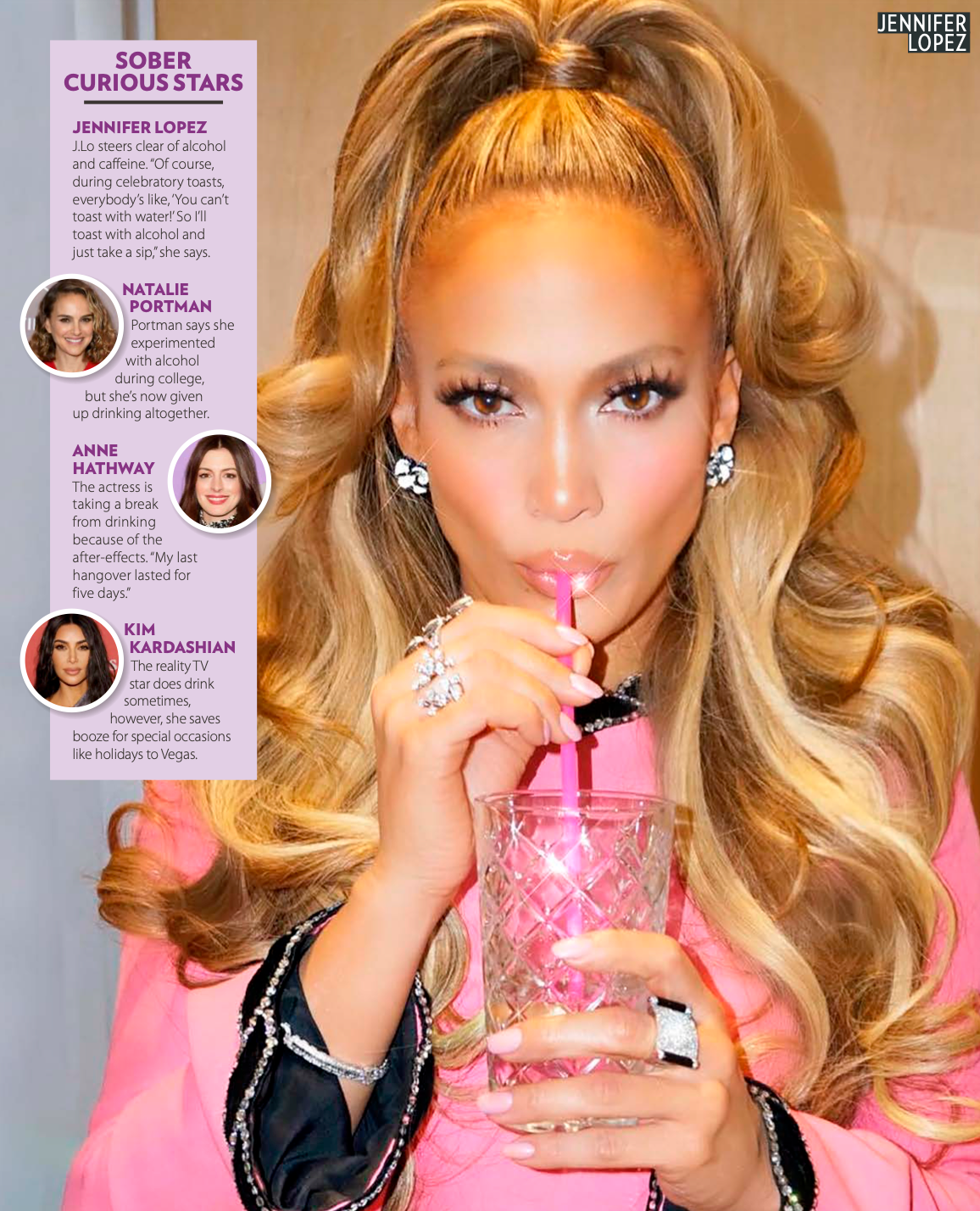The Breast Blog | Busting The Mammogram Myths
Mary Ling • March 4, 2018
Breast cancer is the most common cancer affecting Australian women - yet alarming statistics show that more than 25,000 Central Coast women have not participated in the National Breast Cancer Screening Program in the past 2 years.
On the Central Coast, around 275 women are diagnosed with breast cancer each year and 50 die from the disease. The Woy Woy peninsula has the highest rate of breast cancer (18% above NSW state average) followed by the suburbs of Gosford, Springfield and East Gosford.
Here are the 5 most common mammogram myths stopping women from breast screening.
Myth 1: Mammograms expose you to a dangerous amount of radiation.
Fact: Screening mammograms use very small doses of radiation, about the same as 24 weeks of natural background radiation from sources such as the sun, rock, soil and air. The risk of developing cancer from this level of radiation exposure is very low (estimated to be 1 in 10,000 to 1 in 100,000), compared with the lifetime risk of breast cancer (1 in 8 women).
Myth 2: I don't have any family history, therefore I don't need to be screened.
Fact: 9 out of 10 women diagnosed with breast cancer have no family history. Breast cancers occur for many reasons, none of which is fully understood. Family history is just one of the risk factors, along with age, obesity and alcohol consumption.
Myth 3: I don't have any symptoms, therefore I don't need a mammogram.
Fact: Screening mammograms are for women with no current breast symptoms. It can pick up cancers as small as a grain of rice, usually 2 to 3 years before a palpable lump develops.
Myth 4: It will take all day.
Fact: Most screening appointments only take 20 to 30 minutes, with the actual mammogram taking only a few minutes. That is the same time as cooking a simple meal or having an express facial treatment.
Myth 5: Treatment is so good, I won't die from it anyway.
Fact: While breast cancer treatment has improved significantly over recent years, early diagnosis still leads to less invasive treatment and a greater chance of survival. Early stage breast cancer is less likely to require a mastectomy or chemotherapy. Early stage breast cancer has a 5-year survival of 99%, compared to late stage breast cancer which has a 5-year survival of 25%.
Are you making excuses to put off your mammogram? Breast cancer is not yet preventable, and early detection remains your best protection. Mammograms are free for all women aged 50-74 through BreastScreen. Contact 13 20 50 to book your screening mammogram today.
Are you making excuses to put off your mammogram? Breast cancer is not yet preventable, and early detection remains your best protection. Mammograms are free for all women aged 50-74 through BreastScreen. Contact 13 20 50 to book your screening mammogram today.




